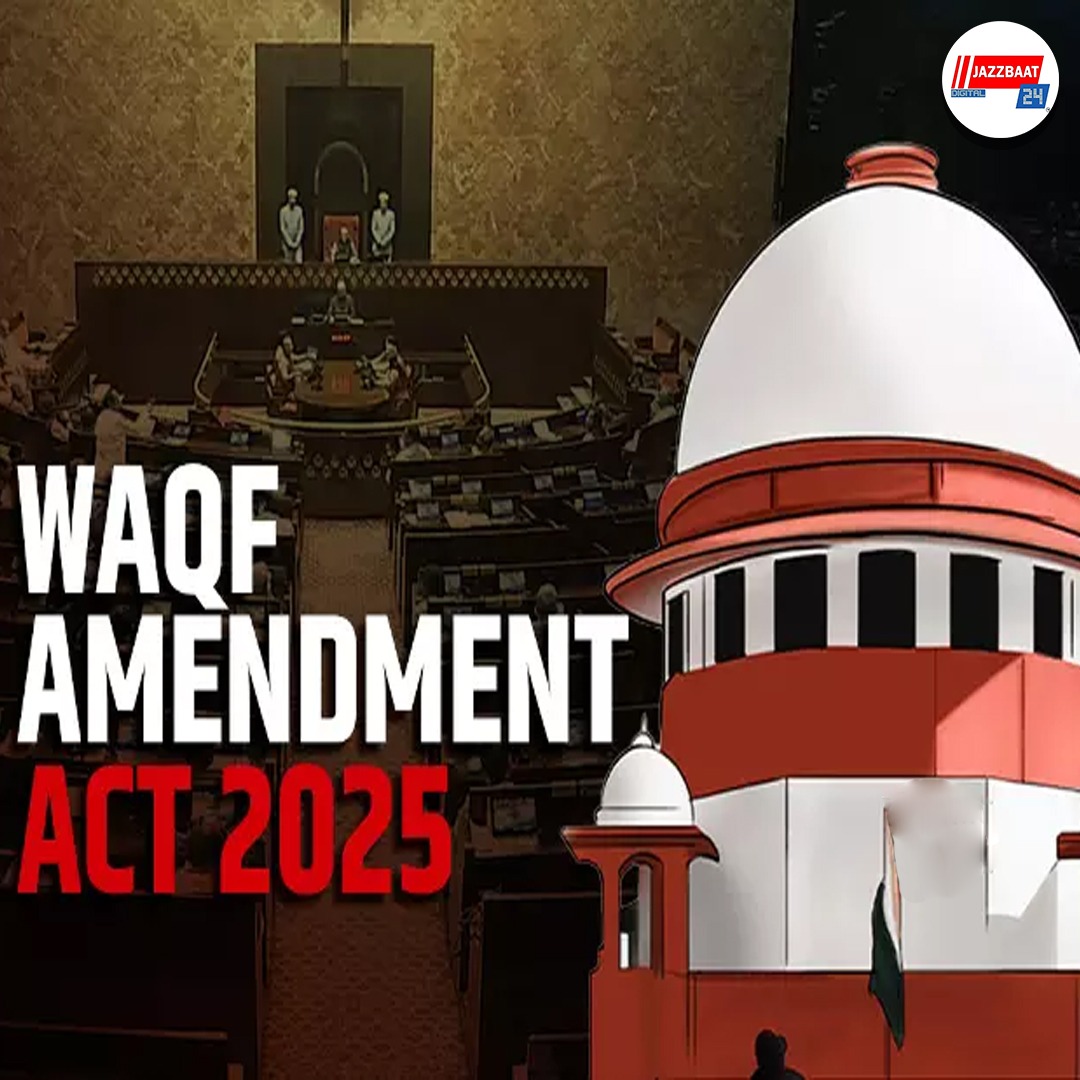
Pratiksha Ghosh
New Delhi May 21 2025: Pn Tuesday The Supreme Court of India emphasised that courts cannot intervene in legislation passed by Parliament unless a clear and compelling case is presented, as it heard petitions challenging the constitutional validity of the Waqf (Amendment) Act, 2025.
A Bench comprising Chief Justice of India BR Gavai and Justice AG Masih stated that every statute enjoys a presumption of constitutionality.
“For interim relief, a very strong and glaring case must be made out. Otherwise, the presumption stands,” the CJI remarked, addressing senior advocate Kapil Sibal, who appeared for the petitioners.
Sibal argued that the new amendments violate constitutional rights. He pointed out that the revised law requires individuals intending to create a Waqf to prove they are practising Muslims—even if they are on their deathbed. He also criticized provisions that allegedly allow authorities to take over Waqf properties without due process. “It undermines the principle of ‘once a Waqf, always a Waqf’,” he contended, warning of potential irreparable harm if the amendments are enforced.
Senior advocate Rajeev Dhavan supported the challenge, citing a Sikh client who was barred from dedicating his property as Waqf under the new law. Another senior counsel, AM Singhvi, questioned the government’s claims of a sharp rise in Waqf properties since 2013.
Defending the 2025 amendments, Solicitor General Tushar Mehta, representing the Centre, submitted that the law strictly governs secular aspects of Waqf administration while safeguarding religious freedoms. Mehta maintained that no urgent national concern justified a stay on the law. “The courts do not generally suspend statutory provisions at the interim stage,” the Centre’s written note stated.
The Bench is presently considering interim relief and has not issued any orders yet. On April 17, the court had put interim directions on hold after the Centre assured that it would not proceed with new appointments to Waqf Boards or Councils or denotify any Waqf properties—whether established by deed or user.
At this stage, the apex Court is focusing on mainly on three core issues: the concept of Waqf-by-user, the inclusion of non-Muslims on Waqf Boards and Councils, and the classification of government land as Waqf property. The hearing continues.